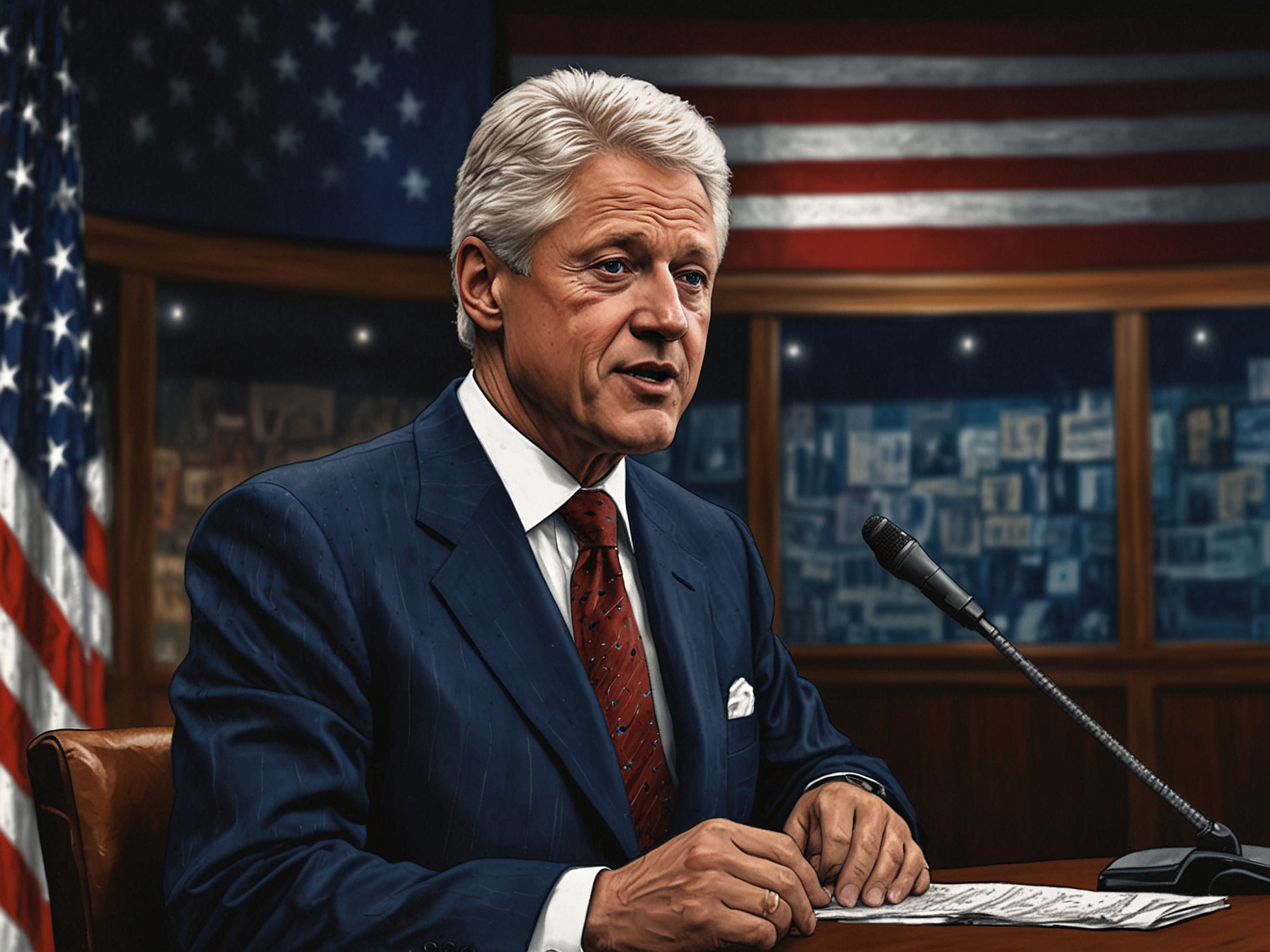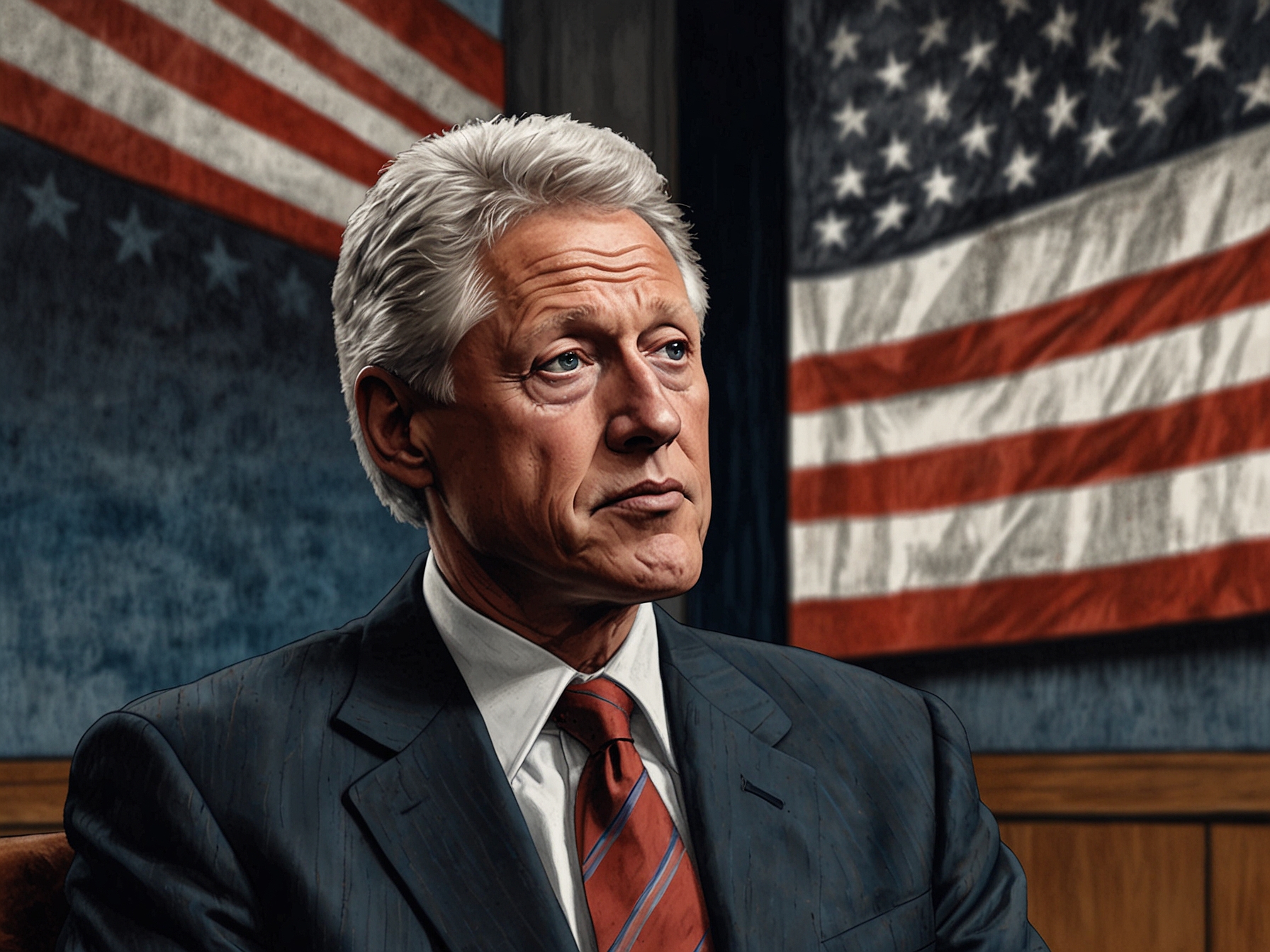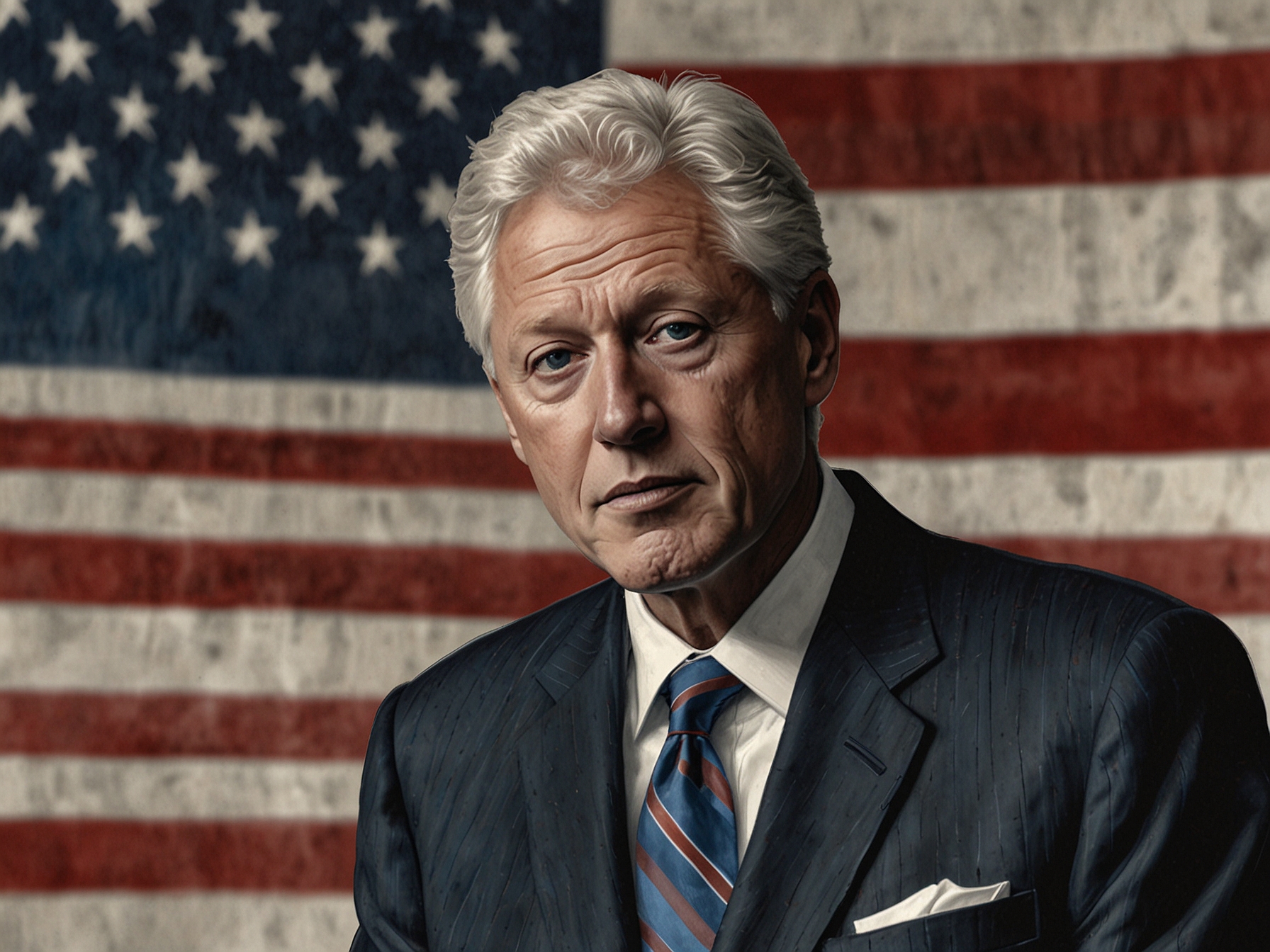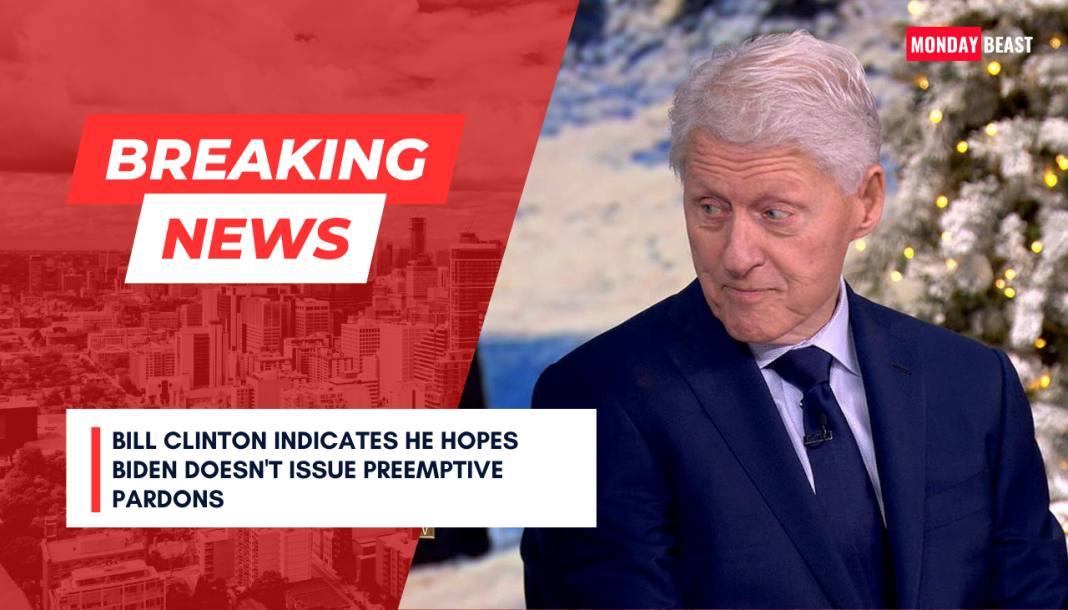Clinton’s Hope on Biden’s Pardons
Former President Bill Clinton made headlines during his recent appearance on ABC’s ‘The View.’ He expressed hope that President Joe Biden would refrain from issuing preemptive pardons. This sentiment raises eyebrows, especially given the political landscape.
Clinton’s words carry weight. After all, he knows the complexities of politics quite well. He mentioned that if Biden sought his counsel, he would gladly engage. Yet, he cautioned against giving public advice on using pardon powers. It’s indeed a sensitive topic that can unravel personal histories.

The specter of a Biden pardon has been looming. With Donald Trump winning the election, there’s chatter about who may be targeted by the incoming administration. Clinton’s concern focuses primarily on Hillary Clinton, hinting at an unwarranted political maneuver behind any potential charges she might face.
Reflections on Justice and Experience
The conversation quickly turned toward justice. Clinton’s perspective on the matter is refreshing. He proposed that most people would never achieve true justice in life. ‘Most of us get out of this world ahead of where we’d get if all we got was simple justice,’ he remarked. Those words resonate deeply in today’s tumultuous political atmosphere.
Soon after, he touched on the notion of experience among politicians. In that moment, a reminder hit home. People often prioritize immediate concerns over qualifications. Clinton articulated this well, suggesting that voters sometimes prefer authenticity and relatability over polished resumes. This raises the question—what truly matters more in politics?
A Peaceful Transfer of Power

Biden’s anticipated approach toward pardons hints at broader implications for governance. Clinton emphasized the importance of a peaceful transfer of power. It’s a vital part of democracy’s fabric, yet increasingly strained by recent political events. ‘Stand up for what we believe, and work together when we can,’ he urged. Wise words for these politically polarized times.
Furthermore, he acknowledged that Trump’s victory was fair, urging a collaborative spirit. Recognizing the need for dialogue is essential. Not just on a national stage but among everyday citizens too. How often do we see people engage in constructive conversations today?
Cultural Disconnects in Rural America
Clinton’s insights on working-class voters brought forth an important discussion. As a key surrogate for Democrats, he observed cultural shifts affecting voter behavior. Rural communities, in particular, are grappling with changes that often feel overwhelming. Their conservative leanings seem to signify a departure from traditional Democratic support.

The former president pointed out that Democrats occasionally give up too easily on voters. Shouldn’t they instead pursue inclusive conversations? His thoughts remind us: sometimes, expressing an understanding of contested issues is crucial. Are Democrats alienating potential supporters by avoiding tough subjects?
Bill Clinton’s Life After the White House
Reflecting on his post-presidency endeavors, Clinton’s spirit shines through. His charitable work and the publication of his memoir, ‘Citizen: My Life After the White House,’ have kept him engaged. The restlessness that comes after such a high-profile role is palpable. Doing meaningful work has been both fun and vital for him.
Clinton desires to make a difference, no matter who occupies the White House. Engaging in charitable work transcends politics. After all, human needs persist, regardless of the prevailing political climate. But isn’t there an underlying question about how personal impact can shift the narrative?
Overall, Clinton’s reflections offer valuable lessons for both Biden and the Democratic Party. In a time of division, his call for listening and understanding provides a roadmap. Perhaps most importantly, his insights remind us to prioritize humanity over politics. Only then can society navigate the murky waters of political change together.




